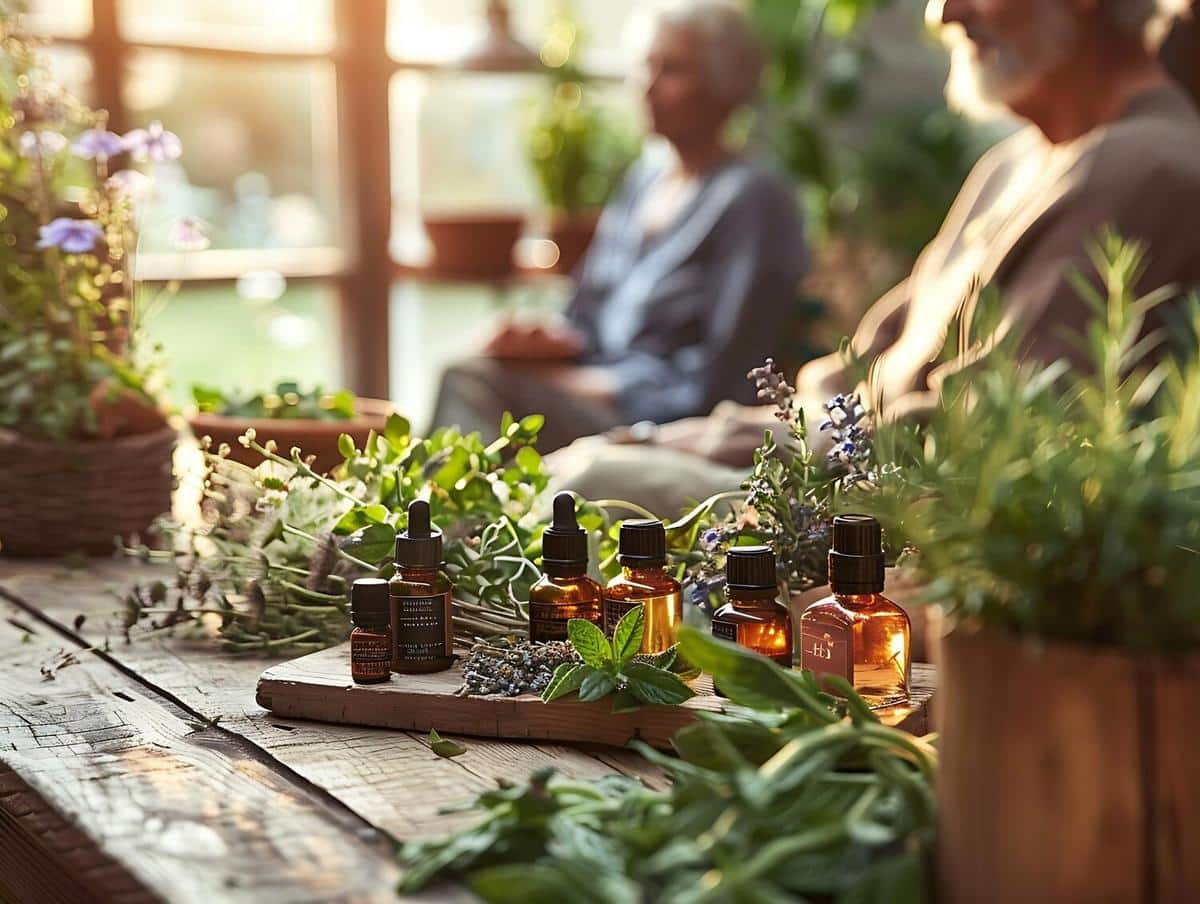
Integrating Aromatherapy into Your Mindfulness Practice
Discover the delightful synergy between aromatherapy and mindfulness, a combination that offers a fragrant path to enhanced well-being.
The Essence of Aromatherapy in Mindfulness
Aromatherapy, the art of using essential oils for therapeutic benefits, has been around for centuries. When integrated into mindfulness practices, it can deepen your relaxation and focus. According to Dr. Rachel Herz, a leading expert in the psychological science of smell, scents can evoke powerful emotional responses, making them a valuable tool in mindfulness.
Benefits Backed by Research
Recent studies have shown that aromatherapy can significantly reduce stress and anxiety. A study conducted by X University found that participants who practiced mindfulness with lavender essential oil experienced a 40% reduction in stress compared to those who did not.
Personal Experiences
Imagine sitting quietly, focusing on your breath, while the gentle aroma of chamomile fills the air. This was a transformative experience for Emma, a mindfulness practitioner who found that incorporating scents helped her stay grounded and present.
How to Integrate Aromatherapy into Your Practice
- Choose Your Oils Wisely: Select oils known for their calming properties, such as lavender, chamomile, or sandalwood.
- Set the Scene: Create a serene environment by diffusing essential oils in the room before you begin your practice.
- Incorporate into Breathing Exercises: Place a few drops of oil on your hands, cup them over your nose, and take deep breaths to enhance your focus.
Comparing Popular Essential Oils
| Essential Oil | Primary Benefit | Secondary Benefit |
|---|---|---|
| Lavender | Calming | Improves sleep quality |
| Chamomile | Reduces anxiety | Promotes relaxation |
| Sandalwood | Enhances focus | Relieves stress |
| Peppermint | Boosts energy | Improves concentration |
| Eucalyptus | Clears mind | Supports respiratory health |
| Lemon | Uplifts mood | Increases alertness |
| Rosemary | Enhances memory | Stimulates cognitive function |
| Bergamot | Reduces stress | Improves mood |
Additional Resources
For more information on incorporating aromatherapy into everyday life, visit AromaWeb for a comprehensive guide.
Frequently Asked Questions
Can anyone use aromatherapy?
Yes, but it’s important to do a patch test first to ensure you don’t have an allergic reaction.
How long should I diffuse essential oils?
It’s recommended to diffuse for 30-60 minutes at a time to avoid sensory fatigue.
Where can I purchase quality essential oils?
Look for reputable suppliers who provide information on the source and purity of their oils.
Conclusion: Embrace the Scented Journey
Integrating aromatherapy into your mindfulness practice can elevate your experience, offering a deeper connection with the present moment. Whether you’re drawn to the calming effects of lavender or the invigorating properties of peppermint, there’s an essential oil to complement your mindfulness journey. Start experimenting with this fragrant approach to enhance your practice today.


